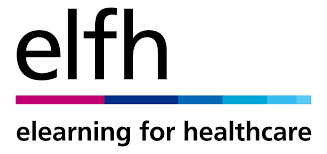
Helps professionals to identify those individuals whose drinking might impact their health, now or in the future and to deliver simple, structured advice aimed at reducing this risk.
Alcohol Identification and Brief Advice
According to the Health Survey for England, 1 in 4 adults are drinking above low-risk levels. This can result in or contribute to chronic and acute ill health, alcohol-related accidents and hospital admissions. Evidence has shown that providing simple alcohol advice results in:
- Reductions in weekly drinking by between 13% and 34%, (2.9 to 8.7 fewer units per week) with a significant effect on health risk
- One in eight adults reducing their drinking to low-risk levels
- Adults being twice as likely to moderate their drinking 6-12 months after intervention
- Reduction from 50 units/week to 42 units/week reduces the relative risk of alcohol-related conditions by some 14% and the absolute risk of lifetime alcohol-related death by some 20%.
The overall goal of the Alcohol IBA elearning programme is to enable the learner to effectively engage with non-dependent alcohol misusing patients, who may not realise they may be taking risks with their health.
Each of the courses aimed at Primary Care, Community Pharmacy and Hospital Settings is split into four elearning sessions:
- Alcohol Facts
- Introducing IBA and Identifying Risky Behaviour
- Practising IBA and delivering brief advice
- Assessment
The course aimed at Dental Teams consists of four sessions:
- Facts about Alcohol
- Identification and Brief Alcohol Advice (IBA) for Dental Teams
- Practising AUDIT-C
- Assessment
The Alcohol Identification and Brief Advice elearning project (Alcohol IBA) helps professionals to identify those individuals whose drinking might impact their health, now or in the future and to deliver simple, structured advice aimed at reducing this risk. Courses available include delivering alcohol IBA in four settings:
- Primary Care
- Community Pharmacy
- Hospitals
- Dental Teams